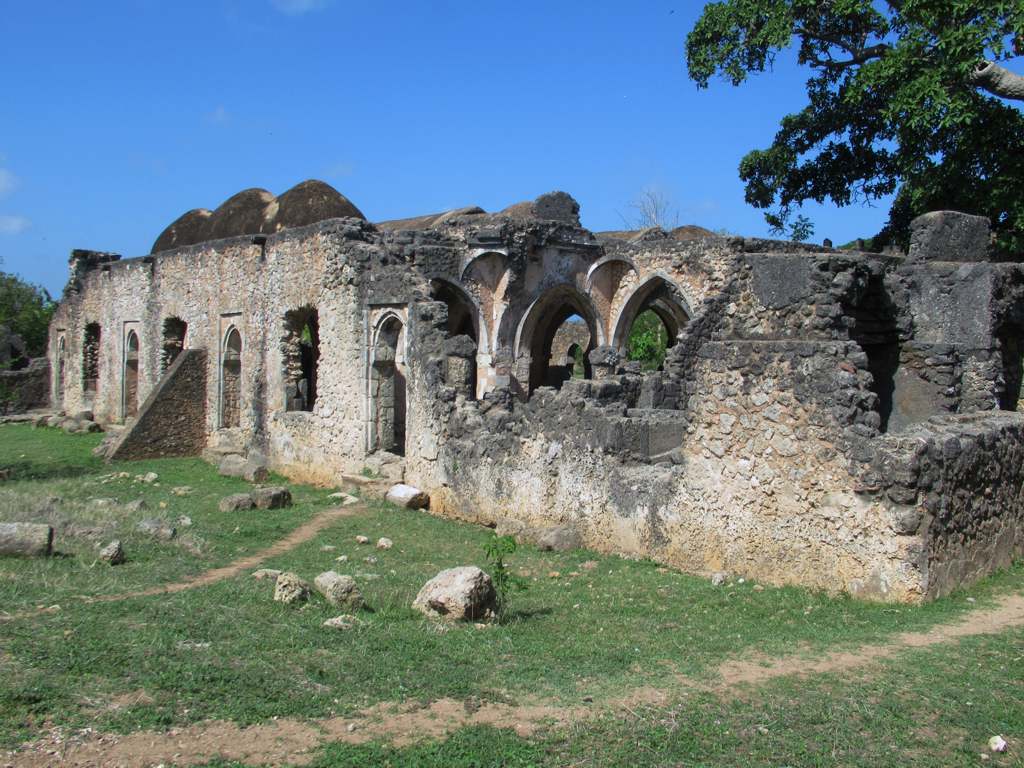
Introduction
"Jambo!" That simple Swahili greeting is your first key to unlocking a richer Tanzanian experience. While English is spoken in tourist areas, making an effort with a few local phrases shows respect and can lead to wonderful, authentic interactions. Think of it as adding a special spice to your safari – it just makes everything better! I've seen faces light up countless times when a visitor tries a little Swahili.
Knowing a few basic Swahili phrases can transform your Tanzanian safari from a great trip to an unforgettable cultural immersion. This guide offers key phrases, pronunciation tips, and cultural insights to help you connect.
Why Bother Learning a Few Phrases?
- Build Rapport: It's a fantastic icebreaker and shows you're interested in the local culture beyond just the animals.
- Deeper Immersion: You'll gain small insights you might otherwise miss.
- Easier Navigation: Helpful in markets or when asking for simple directions (though your guide will mostly handle this).
- Show Respect: This is the big one. It's a gesture of goodwill that is always appreciated.
Essential Swahili Phrases for Your Safari:
Here's a little "starter pack" I always recommend:
| English | Swahili | Pronunciation (approx.) | Notes |
|---|---|---|---|
| Hello (general) | Jambo / Mambo | JAM-bo / MAM-bo | 'Mambo' is more informal, for peers. |
| How are you? (formal) | Habari gani? | ha-BA-ri GA-ni | |
| How are you? (informal) | Mambo vipi? | MAM-bo VI-pi | Response: Poa (cool) / Safi (clean/fine) |
| Good (response to Habari) | Nzuri | N-ZOO-ri | |
| Please | Tafadhali | ta-fa-DHA-li | |
| Thank you (very much) | Asante (sana) | a-SAN-te (SA-na) | |
| You're welcome | Karibu | ka-REE-boo | Also means "welcome" when entering. |
| Yes | Ndiyo | N-DEE-yo | |
| No | Hapana | ha-PA-na | |
| Excuse me / Sorry | Samahani | sa-ma-HA-ni | |
| My name is... | Jina langu ni... | JEE-na LAN-goo nee... | |
| What is your name? | Jina lako nani? | JEE-na LA-ko NA-ni | |
| How much? (price) | Bei gani? | BAY GA-ni | Crucial for markets! |
| Goodbye | Kwaheri | kwa-HE-ri | |
| Slowly, slowly | Pole pole | PO-le PO-le | A national motto! Embrace the pace. |
Simple Pronunciation Tips:
- Vowels are generally pure, like in Spanish or Italian: A (ah), E (eh), I (ee), O (oh), U (oo).
- Stress is usually on the second-to-last syllable (e.g., A-san-TE).
- "R" is often rolled slightly.
- Don't be shy! Your effort is what counts.
Cultural Insights & Avoiding Missteps (Fettnäpfchen):
- Greetings are Key: Always greet someone before launching into a question or request. It's considered polite.
- "Shikamoo" for Elders: To show respect to an elder or someone in authority, say "Shikamoo." The expected reply is "Marahaba." Using this will earn you serious brownie points. I still use it with older rangers I meet.
- Right Hand Rule: Use your right hand for giving or receiving items, and for eating if sharing food. The left hand is traditionally considered unclean.
- Pointing: Avoid pointing directly at people with your index finger. If you need to indicate someone, use a general open hand gesture or nod your head.
- Patience is a Virtue ("Pole Pole"): Things often move at a more relaxed pace. Embrace it. Getting impatient won't speed things up and can be seen as rude.
- Photography: Always ask for permission before taking photos of people, especially in villages or more remote areas. Your guide can help facilitate this.
Learning a few words of Swahili will undoubtedly enrich your Tanzanian journey. It's like having a secret key that unlocks a little more of the magic of this incredible land.

Apollo's Recommendation
“Don't aim to become fluent overnight. Focus on mastering a handful of key greetings and polite phrases. "Asante" (thank you) and "Tafadhali" (please) go a long, long way. Combine your words with a genuine smile and open body language. Tanzanians are generally very welcoming and appreciate any attempt to speak their language. I remember once, a simple "Habari ya asubuhi?" (Good morning?) to our camp cook led to an impromptu lesson on how to make the perfect *chai* – a memory the guest still talks about!”
About the Author
APApollo
Safari Guide & Cultural Liaison
Former park ranger with over 7000 days of safari experience
Swahili for Safari Goers: Essential Phrases & Cultural Insights



Ready to explore this highlight?
Contact us to plan your perfect safari experience that includes a visit to this amazing destination.
Ready to Experience Tanzania?
Browse our safari tours to start planning your adventure.
View Safari Tours